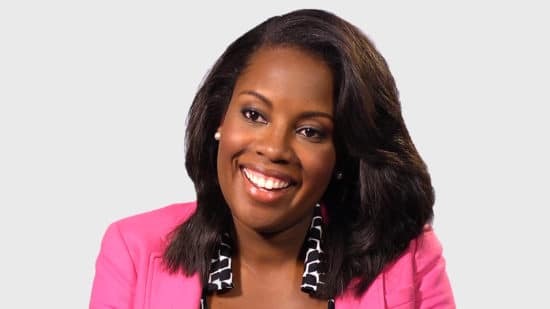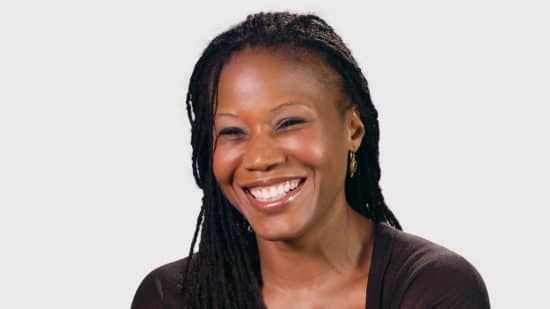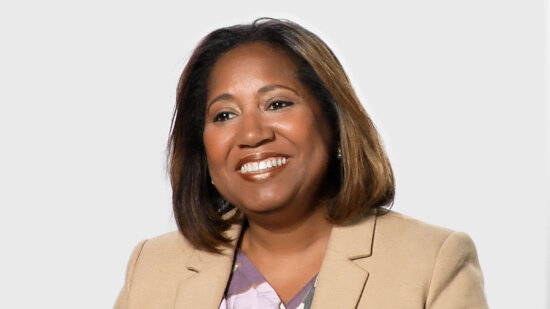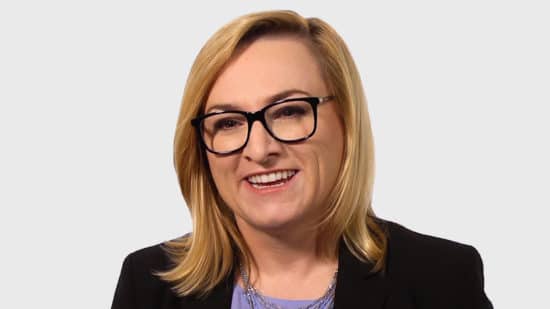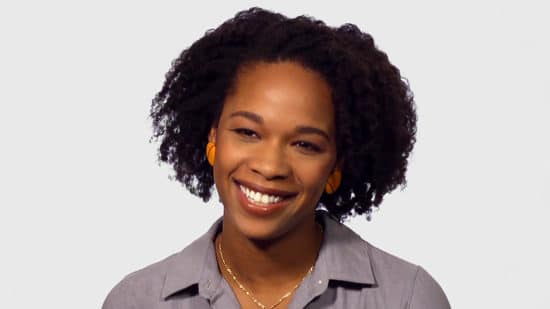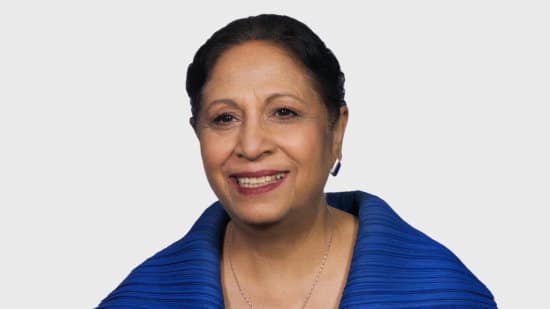Urban Planner

What you need to know
Urban and regional planners develop land use plans and programs that help create communities, accommodate population growth and revitalize physical facilities in towns, cities, counties, and metropolitan areas.
Most urban and regional planners work full time during normal business hours, and some may work evenings or weekends to attend meetings with officials, planning commissions, and neighborhood groups.
Some of the things an urban and regional planner might do:
- Meet with public officials, developers, and the public regarding development plans and land use
- Administer government plans or policies affecting land use
- Gather and analyze data from market research, censuses, and economic and environmental studies
- Conduct field investigations to analyze factors affecting community development and decline, including land use
- Review site plans submitted by developers
- Assess the feasibility of proposals and identify needed changes
- Recommend whether proposals should be approved or denied
- Present projects to communities, planning officials, and planning commissions
- Stay current on zoning and building codes, environmental regulations, and other legal issues
Watch this video to learn about what our urban planner role models do in their careers:

- Analytical skills: Urban and regional planners analyze information and data from a variety of sources, such as market research studies, censuses, and environmental impact studies. They use statistical techniques and technologies such as Geographic Information Systems (GIS) in their analyses to determine the significance of the data.
- Communication skills: Urban and regional planners must be able to communicate clearly and effectively because they interact with colleagues and stakeholders, prepare research reports, give presentations, and meet with a wide variety of audiences, including public officials, interest groups, and community members.
- Decision-Making skills: Urban and regional planners must weigh all possible planning options and combine analysis, creativity, and realism to choose the appropriate action or plan.
- Leadership skills: Urban and regional planners must be able to manage projects, which may include overseeing tasks and planning assignments.
Watch this video to learn more from our urban planner role model:

The average pay for urban and regional planners in the United States was $83,720 in May 2024 according to the U.S. Bureau of Labor Statistics.
The pay for urban and regional planners depends on factors such as level of experience, education and training, geographic location, and specific industry.
About 3,600 new job openings for urban and regional planners are projected each year, on average, over the next 10 years in the United States.
Overall employment of urban and regional planners is projected to grow 4 percent from 2023 to 2033 according to the U.S. Bureau of Labor Statistics. This is about as fast as the average growth rate for all occupations.
Within cities, urban planners will be needed to develop revitalization projects and address issues associated with population growth, environmental degradation, the movement of people and goods, and resource scarcity.
Similarly, suburban areas and municipalities will need planners to address the challenges associated with population changes, including housing needs and transportation systems covering larger areas with less population density.
Most urban and regional planners have a master’s degree from an accredited urban or regional planning program. Candidates with a bachelor’s degree typically need work experience in planning, public policy, or a related field.
Master’s degree programs accept students with a wide range of undergraduate backgrounds. However, many candidates who enter these programs have a bachelor’s degree in economics, geography, political science, or environmental design.
Discover some of the courses you will take pursuing a degree in Urban and Regional Planning.
Watch this video to learn more from our urban planner role model:

